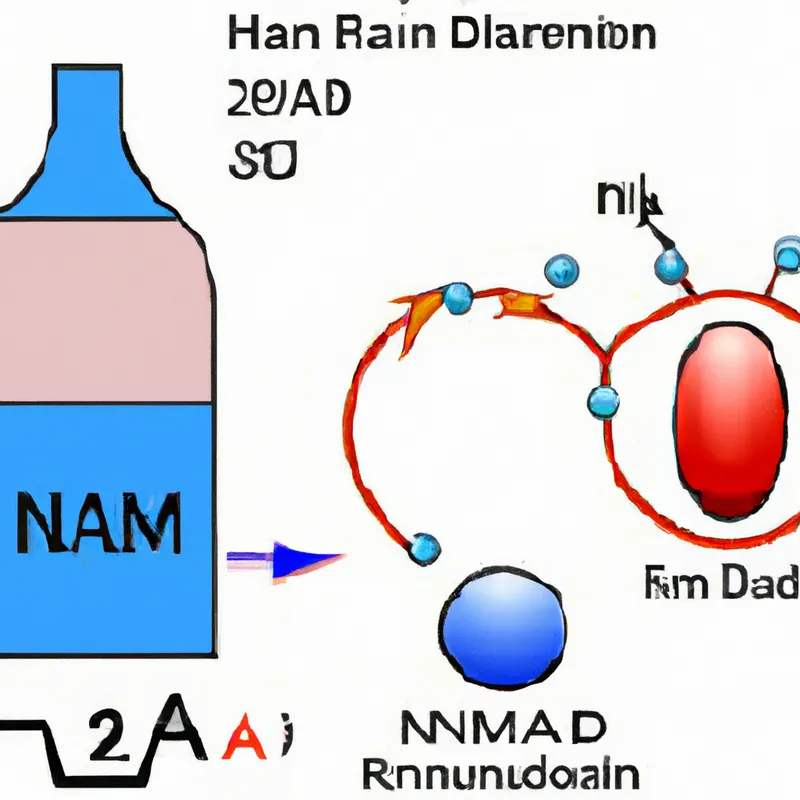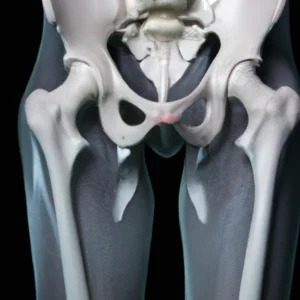Elevate Your Longevity Through NAD+ Research
The Impact of NAD+ on Aging: A Comprehensive Review
Aging affects everyone. It causes a gradual decline in physiological functions and increases the risk of age-related diseases. Researchers study aging mechanisms, focusing on one molecule: NAD+ (nicotinamide adenine dinucleotide). This essential coenzyme supports energy production, DNA repair, and cellular communication. This blog post explores NAD+’s relationship with aging, its benefits, and strategies to enhance NAD+ levels.
What is NAD+?
NAD+ is a coenzyme present in all living cells. It exists in two forms: oxidized (NAD+) and reduced (NADH). Both forms play crucial roles in cellular metabolism, particularly ATP production. NAD+ also participates in redox reactions, transferring electrons in metabolic pathways.
NAD+ maintains cellular health. It acts as a substrate for key enzymes like sirtuins, PARPs, and CD38. These enzymes contribute to DNA repair, gene expression regulation, and cellular stress response modulation. As we age, NAD+ levels decline, leading to health complications and reduced cellular repair capacity.
The Connection Between NAD+ and Aging
Research links declining NAD+ levels to aging and age-related diseases, such as neurodegenerative disorders and cardiovascular diseases. Several factors contribute to this decline, including reduced dietary intake of NAD+ precursors and increased consumption due to metabolic demands.
Falling NAD+ levels compromise cellular functions. Energy metabolism becomes less efficient, causing fatigue and decreased physical performance. Lower NAD+ levels reduce sirtuin activity, leading to increased inflammation, oxidative stress, and impaired DNA repair mechanisms. Together, these changes accelerate aging and heighten chronic disease risk.
Benefits of NAD+ for Aging
Increasing NAD+ levels offers numerous benefits for older individuals. Here are some key advantages:
Improved Cellular Energy
Boosting NAD+ levels enhances mitochondrial function. Mitochondria produce ATP, the cell’s primary energy source. Higher NAD+ levels improve mitochondrial efficiency and increase ATP production. This boost raises overall energy levels, enabling individuals to engage in physical activities and maintain an active lifestyle.
Enhanced DNA Repair
NAD+ plays a vital role in DNA repair.
Conclusion
NAD+ significantly impacts aging and cellular health. Maintaining optimal NAD+ levels can improve energy, enhance DNA repair, and promote overall well-being.
Below are related products based on this post:
FAQ
What role does NAD+ play in cellular health?
NAD+ is essential for cellular health as it acts as a substrate for key enzymes involved in energy production, DNA repair, gene expression regulation, and the modulation of cellular stress responses. It supports vital metabolic processes and helps maintain overall cellular function.
How does aging affect NAD+ levels?
As we age, NAD+ levels decline due to factors such as reduced dietary intake of NAD+ precursors and increased metabolic demands. This decline compromises cellular functions, leading to reduced energy metabolism, increased inflammation, oxidative stress, and impaired DNA repair mechanisms, which can accelerate the aging process and heighten the risk of chronic diseases.
What are the benefits of increasing NAD+ levels for older individuals?
Increasing NAD+ levels offers several benefits for older individuals, including improved cellular energy through enhanced mitochondrial function, increased ATP production, and enhanced DNA repair. These improvements can help individuals maintain an active lifestyle and promote overall well-being.















Post Comment